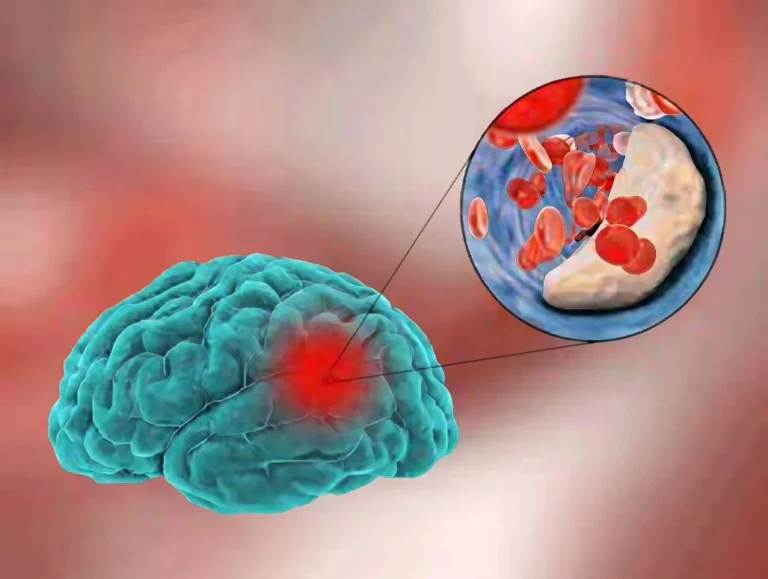
On the second day of the 11th Annual World Patient Safety, Science & Technology Summit, hosted by the Patient Safety Movement Foundation (PSMF) at UC Irvine, the focus was on the critical role of collaboration in achieving a future free from preventable medical errors. The summit also highlighted how rapidly advancing technologies are enhancing patient care.
“The future of healthcare is rapidly evolving,” said PSMF Founder Joe Kiani. “We need everyone on board, including patients and their families. I hope attendees leave this Summit with a clear understanding of their role in achieving zero preventable medical harm. Collaboration is key—we need a network where we support each other, share challenges, and find solutions. If you haven’t yet, please join our Patient Safety Leadership Association.”
Dr. Mike Durkin, Chair of the PSMF Board of Directors, emphasized the need for collaboration between patients, families, and healthcare professionals to challenge current models and demand transparent, equitable health systems. “Patients and families must work with doctors, nurses, and other healthcare providers to ensure that health systems minimize avoidable harm. They should also hold their political representatives accountable for equitable healthcare delivery.”
PSMF’s Chief Operating Officer, Dr. Sanaz Massoumi, discussed the importance of a holistic approach to fostering a safety culture, stressing that patient safety should be central to all decision-making processes, with proactive risk assessment and mitigation.
In a video message, Dr. Tedros Adhanom Ghebreyesus, Director-General of the World Health Organization, highlighted the severe threat to patient safety posed by attacks on healthcare workers in conflict zones, urging protection for health workers and facilities.
The Rt Hon Jeremy Hunt MP shared his journey with Joe Kiani and the PSMF, recounting how ordinary people’s experiences with preventable harm inspired efforts to establish World Patient Safety Day on September 17.
Dr. John Wyte, Chief Medical Officer at WebMD, addressed the impact of misinformation on patient safety, emphasizing the growing reliance on online health information and emerging technologies.
Dr. Michael Stamos, Dean of the UC Irvine School of Medicine, described how the institution supports a culture of safety and improved patient outcomes.
Amy Ashcraft from the US Department of Health and Human Services discussed the importance of tracking harm incidents and data transparency, highlighting HHS’s initiatives to protect patients.
Dr. Daniel Cole, Executive Director for Professional Affairs at the American Board of Anesthesiology, explored how emerging technologies, such as remote monitoring and data analytics, are transforming perioperative care.
Dr. Michael Ramsay, PSMF’s CEO, noted that advanced technologies, including AI and telehealth, are pivotal in enhancing patient safety. “We’re at a crucial point in patient safety evolution. Technologies now allow for remote monitoring, AI to predict harm events, and expanded healthcare access through telehealth. Through collaboration and data sharing, we can protect patients in ways previously unimaginable.”
The Summit’s second day continued the momentum with panels addressing patient engagement and global patient safety issues, building on the insights from the previous day.
About Patient Safety Movement Foundation
Founded by Joe Kiani in 2012, the Patient Safety Movement Foundation is dedicated to eliminating preventable medical errors in hospitals. Through collaboration with global experts, the Foundation has developed actionable practices to address key challenges and encourages hospitals to commit to zero preventable deaths. Healthcare technology companies are invited to sign the Open Data Pledge to share data and develop predictive algorithms. The PSMF is supported by the Masimo Foundation for Ethics, Innovation, and Competition in Healthcare.




